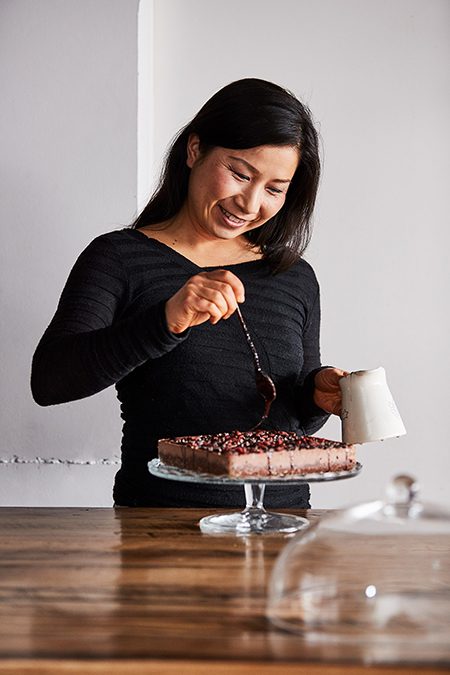MENTAL HEALTH
Where is the finishing line when it comes to getting over trauma? Do you ever really heal?

WORDS: PHOTOGRAPHY
Trauma comes in many forms, it’s not always the loss of a loved one or a major life event. It can also be job loss, the ongoing restrictions that prevent loved ones from seeing one another, or friendships that come to an end. A state of trauma is defined as a bodily state in which danger is perceived and neither fighting not fleeing will remedy the situation. It’s a state of overwhelm that none of your usual coping mechanisms can fix.
Science can now explain more about the lasting effects of trauma
When stress becomes overwhelming and it turns into trauma, the effects of that remain in the body on a cellular level. This means that trauma is a physical response and it stays in the body until it is released. Traditionally, trauma and stress have always been addressed by talking about the event and working through the mental aspects of the experience. Now that we know that trauma is stored in a physical way, it changes the way in which we can work with it and heal from it.
Physical ways to address trauma so that healing can take place
The vagus nerve holds the answer as to why a brain-only approach to healing has proven only partially-effective. The vagus nerve connects the body to the brain, relaying signals of danger and threat. When you approach trauma as a full-body phenomenon and not only a mental experience, you can facilitate healing. A full-body approach to healing entails both emotional, mental, and physical action:
- Herbal tinctures – while pharmaceutical medications might bring great relief to some people, for others, it is they result in side effects and other drawbacks. Herbal medicine can help the body process trauma on a cellular level. It is important to note that herbal medicines don’t give you the instant results you may expect from pharmaceutical medications. They work on a deeper level and take effect over time. YOu have to be committed to the process if you want to feel profound results.
- Ongoing self-love – it never stops! This requires you to think of yourself as two separate entities, one as a child and one as a parent. Self-love means giving yourself the emotional, physical, and mental nurturing you need as if you are a child. Keep nurturing yourself and reminding yourself that you deserve kindness.
- A physical detox – When you consider how tightly our emotional states and physical states are interwoven, it makes sense that a physical detox can help t cleanse the body and regain a sense of emotional equilibrium. A detox is a reminder of the body being energised and nourished.
- Discipline – it takes some emotional resilience and commitment to healing from trauma. You have to remain disciplined and continue with your process even when it feels pointless or hopeless. You have to remain open to being adaptable.
- Consistency – All of your efforts have to be ongoing – you cannot do a 5-day detox and expect to be cured. It is necessary to stay committed and continue to do the right things for your body.
ABOUT THE AUTHOR
Website: www.shokuikuaustralia.com
Yoko Inoue is the founder of Shoku Iku, a Melbourne-based organic raw and living food cafe. Having studied macrobiotic philosophy and culinary skills at Japan’s Kushi Institute, Yoko integrates contemporary and traditional ideas of macrobiotic and Chinese philosophies with modern nutrition in an effort to promote healthy and ethical food and lifestyle choices.











